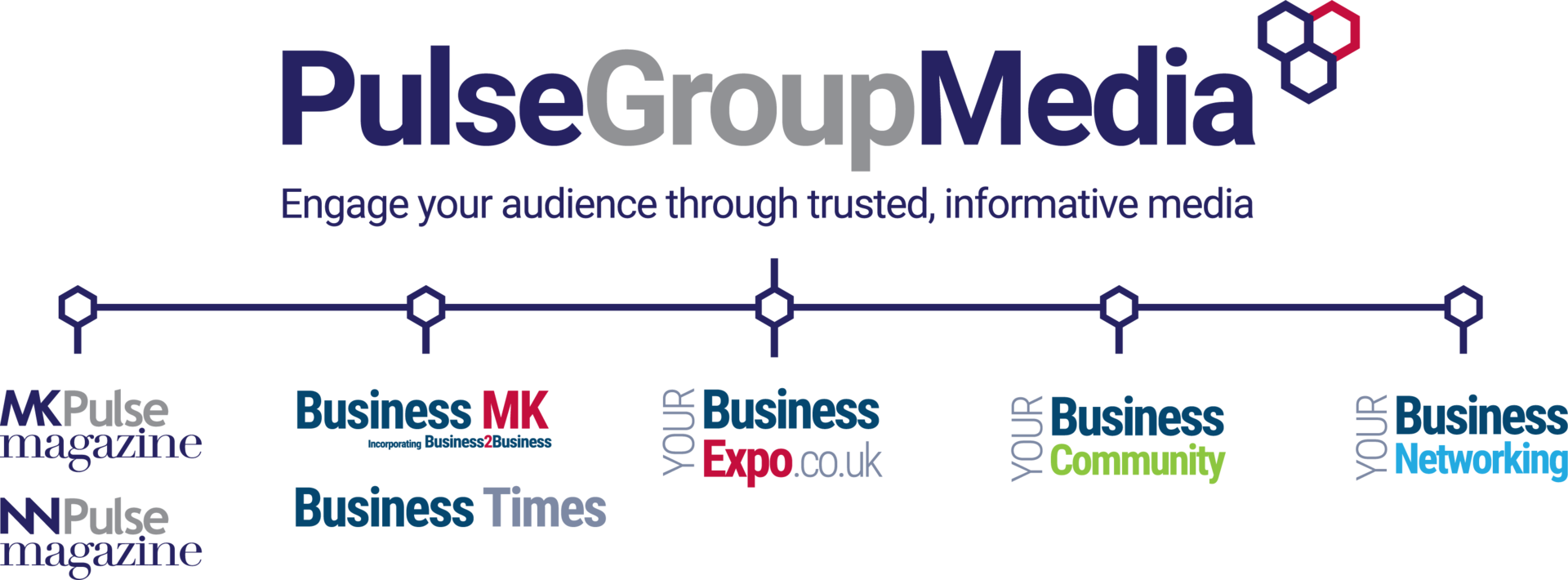Six tips for business start-ups
Posted on 4th May 2021
Do you have an idea for a new business?
There are a lot of things to think about from your business name, branding and registering your company, through to your business plan, and finances.
Your business start-up checklist
1. Explain to a Martian
Many small business owners struggle to explain how their ‘idea’ will make a difference. The first thing you must do is define the problem you will solve for your customers – that’s not the same as telling them what you do. Don’t assume people will know - imagine you’re speaking to a Martian – how would you tell them why someone would become your customer?
If you are planning to become a driving instructor, for example, you could say that you are giving people the freedom to go places. You might want to focus on teaching young people or older people who are heading for retirement. This will make a difference to how you explain your business.
Once you know who will want your product or service, and why, you can start your research and begin to write your business plan.
2. Make an actual list
You will have a lot of ideas and the hardest thing to do is to sort out what needs to be done first. Write a list of all the things you need to do, then draw a big square on a large sheet of paper. Divide the square into four and start to sort out your list by:
• Important – urgent
• Important – can be done later
• Needed – urgent
• Needed – can be done later.
Now you can start to take action on the urgent items, and you will see how much progress you’re making as you cross things off your list.
3. Know your customers
Even if you don’t have any customers yet, you can learn a lot through online research, checking relevant social media sites, contacting suppliers, and talking to anyone you know who could become a customer. You’re not selling at this stage; you are gaining insight that will help you to stand out from the crowd.
Ideally start to engage with people via Facebook or online forums and collect contact information whenever you can. Even when your first customers arrive you will still need to be looking for new ones, so it is very helpful to find out in advance how to reach them and what approaches work well.
4. Understand your obligations
Make sure you are registered for tax, properly insured, and legally covered with good terms and conditions in place. Depending on the type of business, you might also need licences or permits.
5. Organise invoicing and payment
Sending out your invoices is the reward for all your hard work, but it’s important to keep good records to avoid it becoming a tiresome burden.
Although you have a lot to think about it’s worth looking ahead to when you will need to make your first self-assessment tax return, your corporation tax submission, or when you need to register for VAT.
Of course, you will need a bank account to receive payments from customers and, to minimise confusion, it’s best to set up a separate account for your business. It’s also worth considering some accounting software that will synchronise with your bank account online and help you to meet the requirements of Making Tax Digital.
Even more importantly, you will be able to easily see how your business is doing and who spends the most with you. Then you can look out for similar customers. You can also make sure you have enough money in hand to pay your tax and other bills when they are due.
6. Create a marketing plan
There isn’t a single way to do your marketing. It will depend on the customers you want to reach. From your research you will know whether they respond to social media, print advertising or leaflets through their letterbox.
Make sure that you monitor and measure your marketing so that you understand what works best. This isn’t always easy, but you can create special codes for different offers in different places, you can ask customers where they heard about you and you can record whether enquiries increase when you share a social media post, place an advertisement, or send some direct mail.
As you build up a list of enquirers and regular customers you can also ask them for feedback about what they like and understand about your business. This can be helpful to refine your approach.
When you’re ready to start marketing your new business please get in touch. We’ll be happy to give you some advice.
Share this post:






